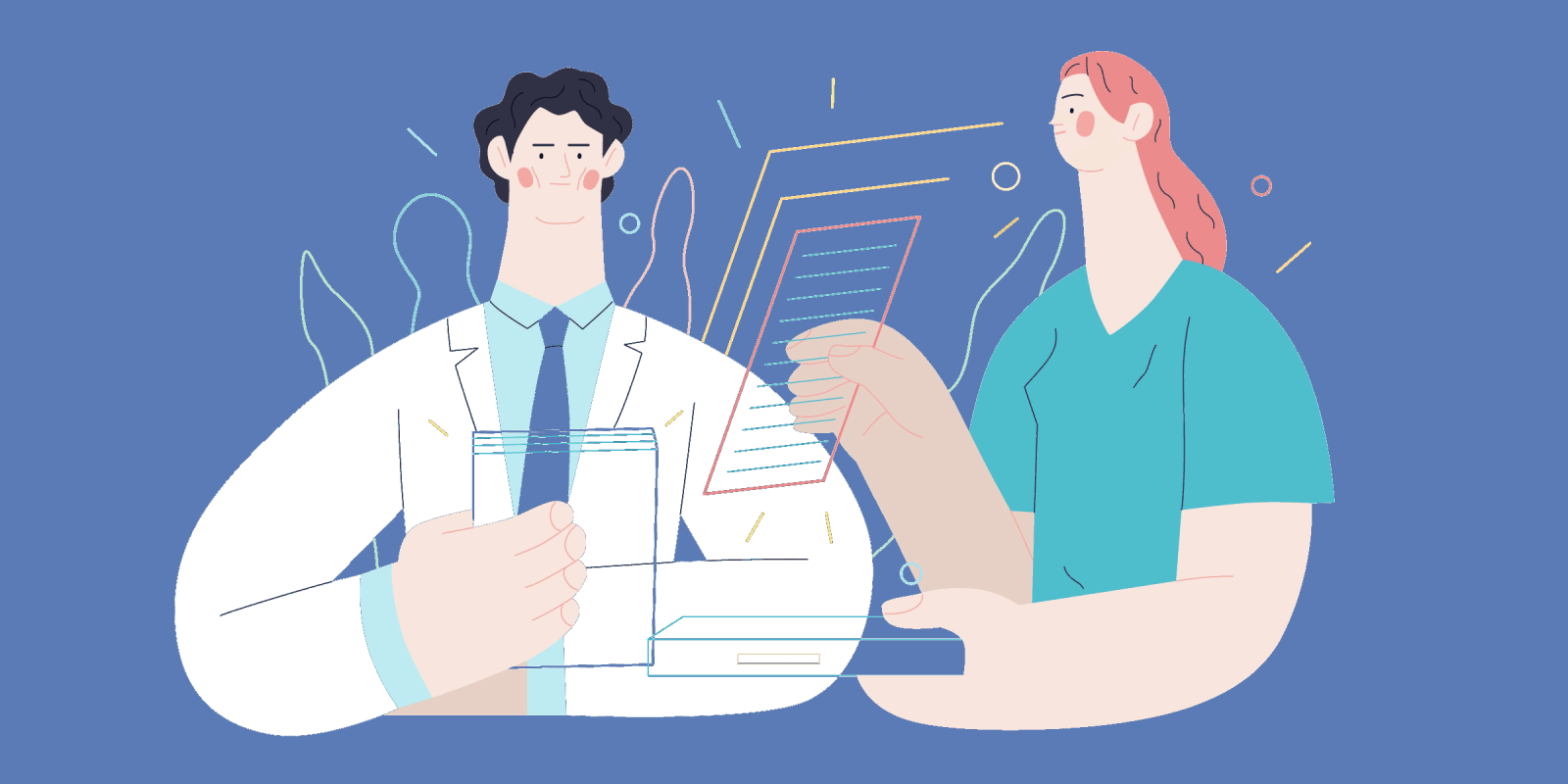Becoming a doctor is an investment. You invest time and money with the expectation that you will make a good salary to pay off any debt you have incurred in the process and with the knowledge that you will be able to live a comfortable lifestyle. For most of us during school and training, we are young, healthy, and we feel invincible. Rarely does the thought arise "What if something happens to me and I can not be a doctor any longer?”
As you age, get married, have kids, and buy a house, your cost of living will go up. For many of us, we are the sole financial providers for our family. As soon as you deposit that first big paycheck after residency you think that the money will always be there. You rarely think about what happens if you get sick or injured and can no longer do your job. I can tell you that I did not ever expect to use my disability insurance. I will admit I was naive to all of the details when I signed up, but I am grateful that I had a good agent. These are some important bullet points he explained to me and were thankfully part of my disability policy.
Additional Purchase Benefit
I first got disability insurance as a resident when I was young, healthy, and not making a lot of money. When you get a policy as a resident, you can get an additional purchase benefit (APB). The APB gives you the option to purchase additional coverage at specific time points. The big benefit is that you can purchase benefits despite any change in your health, activities, or occupation. For example, the company I used allowed an additional $500 in coverage on my 25th, 28th, 31st, 34th, 37th, and 40th birthdays. So you have the potential to add $3,000 worth or coverage per month with no additional health exam. You simply fill out the paperwork that you want to purchase additional coverage. I’ll admit I mistakenly missed a few so I missed out on the opportunity of higher coverage. If you get an APB and get a letter in the mail on your birthday, be sure to fill it out, send it in, and get the additional coverage.
Own Occupation
An own occupation policy is extremely important as a physician, especially if you perform procedures or surgery. An own occupation policy will pay you disability benefits if you are disabled and unable to work as a physician, but you are still able to work in some other line of work. Say you are a neurosurgeon and you have a stroke which paralyzes your right arm. If you can work as an office based neurosurgeon but you can not operate, your policy will pay you some amount or percentage for the work you can not perform as a surgeon. Maybe you can not do office work as a physician but you get a job outside of health care — that policy will still pay out for the lost income as a result of not being able to function as a neurosurgeon.
Mental Health
With the growing issue of burnout and moral injury, more and more physicians are suffering from mental health issues. If you wait until after you receive treatment for mental health, you may find it difficult or impossible to get disability insurance. Or, you may be eligible for disability insurance but it would state that it does not cover you for a mental health disability. You should be aware that most policies only cover you for 24 months for any mental health disability, unless you are hospitalized.
Taxable or Not
Many people are unaware that your disability policy may be taxable. If your employer pays for your policy, which is common in most large groups and hospital systems, then your disability income from that policy is taxable income. When your policy states that you have $10,000 per month worth of coverage, that will not be your take home disability income. It will be taxed at your particular tax bracket. However, if you have your own personal policy that you pay for with your own after tax money, then that amount is not taxable income. If your policy is for $10,000, then you get $10,000 per month.
One other thing to keep in mind is if you work in a state with employer disability benefits. In my state of California, we are eligible for a maximum of $1,620 per week if you are disabled. That equals to $6,480 per month which is subtracted from the $10,000 per month policy paid for by the employer. That $10,000 policy becomes much smaller after you take out taxes and what is paid to you by the state. This is an important thing to keep in mind depending on the state in which you reside. You need to do the math to make sure that you are adequately covered.
Other Important Information
Although I had a policy from residency, and an employer paid policy when I started working and bought a house, I was undercovered. Once I was in practice and making a steady income, I purchased an additional policy to meet the needs for our family.
Understand that most disability insurance policies do not kick in for 90 days. This is why it is important to have at least three months salary in your savings for emergencies. Many financial advisers recommend that you keep six months salary saved for unexpected events.
The other important thing to consider is premium payments for life and disability insurance. While you are on disability and collecting disability insurance, your premiums are waived. But what about your life insurance? If you miss a premium payment, your life insurance can lapse. Talk to your advisor to make sure that your disability and life insurance are through the same company, and that your life insurance premium is waived while you are on disability.
There is a lot more to disability insurance than meets the eye. Find yourself a reputable company and an agent that you trust. The company I used was incredibly helpful as both my agent and the company claims adjustor helped me through the process. The last thing you want to have to worry about when you are disabled is paperwork and paying the bills. Get disability (and life) insurance early, when you are young and healthy. You can always add more as your salary and cost of living goes up. Get your own personal policy. Your own policy is not taxable and it also travels with you if you change jobs at any point during your career.
I did suffer a major health issue and needed to put my disability policy to use while I was unable to work. I am lucky in that I had a personal policy in addition to my employer-paid policy because the employer policy only amounted to a small percentage of my income. If I did not have my own policy with additional coverage, we would have been in trouble financially. I never expected to need my disability policy income, but am glad I had one when we needed it.
Adam Rosen, DO is an orthopedic surgeon and mindfulness meditation teacher. He is the author of “THE KNEE BOOK - A Guide to the Aging Knee.” Dr. Rosen creates educational content for patients on his YouTube channel and he is the host of two podcasts “Total Knee Tips and Pearls” and “Your Knee Your Health.”
Image by Grinbox / Shutterstock







